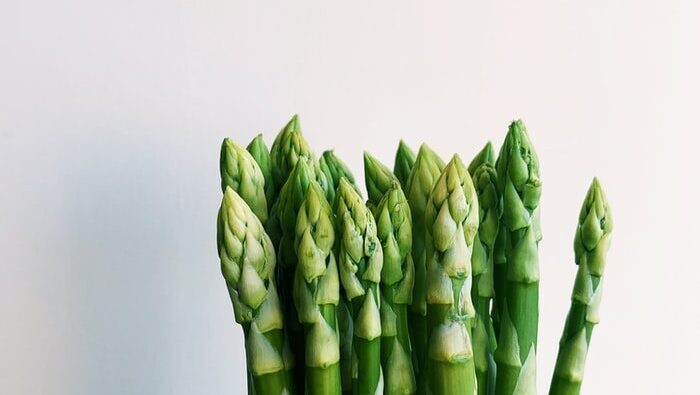3 min read
Written by Jessica Kuepfer

I may be beginning to sound like a parrot with my incessant blogging on climate change and food prices but Oxfam America released their September Issue Briefing and the grim results could not be ignored. The briefing draws on new research which examines the impact of extreme weather on the prices of key international staple crops in 2030. The research explores how extreme weather events for a single year can bring up the prices on foods comparable to two decades of long-run price rises.
Why We Should Be Paying Attention
One of the greatest impacts of this unusual situation will be increased hunger. Not surprisingly, the people who are most affected are those with little food to begin with. It will be a matter of life and death for the developing countries that spend as much as 75% of their income on food. The report included a quote from an already food insecure man from Chad who spoke on this lack of food:
Of course I feel hungry. I feel hungry until I become weak. When I’m hungry, if possible, I prepare a broth for myself and my kids — otherwise we drink some water and we sleep.
It also will hit small scale farms — farmers may struggle with the rapid price increase as they lack access to credit and other inputs. Many small farms are net food consumers, meaning that when prices increase, they are worst off.
The estimated market export prices are bleak for 2030:
Maize — 177% (1/2 the increase due to climate change)
Wheat — 120% (1/3 of the increase due to climate change)
Processed Rice — 107% (1/3 increase due to climate change)
What We Can Do Now
The report looks at the estimated fate of each area of the world until settling on building a resilient food system. It states that none of the scenarios are inevitable and that it is in our power to address our broken food system and restore it, especially for the poorest food consumers and producers.
Oxfam urges us to increase our community based food reserves and scaling up community-based disaster preparedness. They end with the emphasis on a story that we have heard many times: that ultimately our food system cannot cope with “unmitigated climate change”.
What it means for Waterloo Region
We need to continue on the admirable path exemplified by this online community — to buy local and support our farmers. A perfect place to start is the International Plowing Match this week and our spectacular local markets.
Another way is to be intentional about the food we eat, not just buying local but growing our own food and practicing the art of appreciation for the food that we eat.

Source: Oxfam Issue Briefing: http://www.oxfamamerica.org/files/Extreme-Weather-Extreme-Prices.pdf
